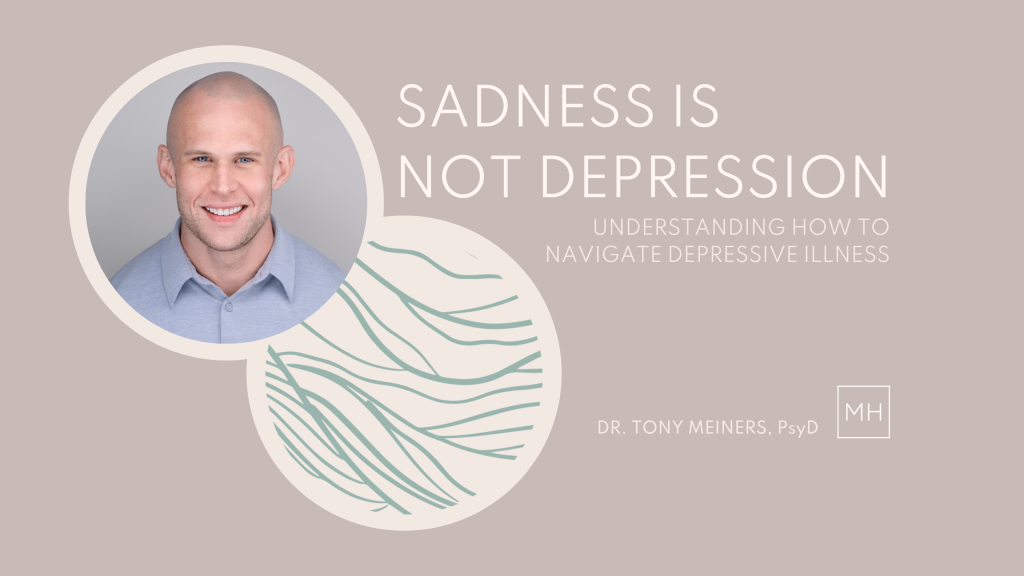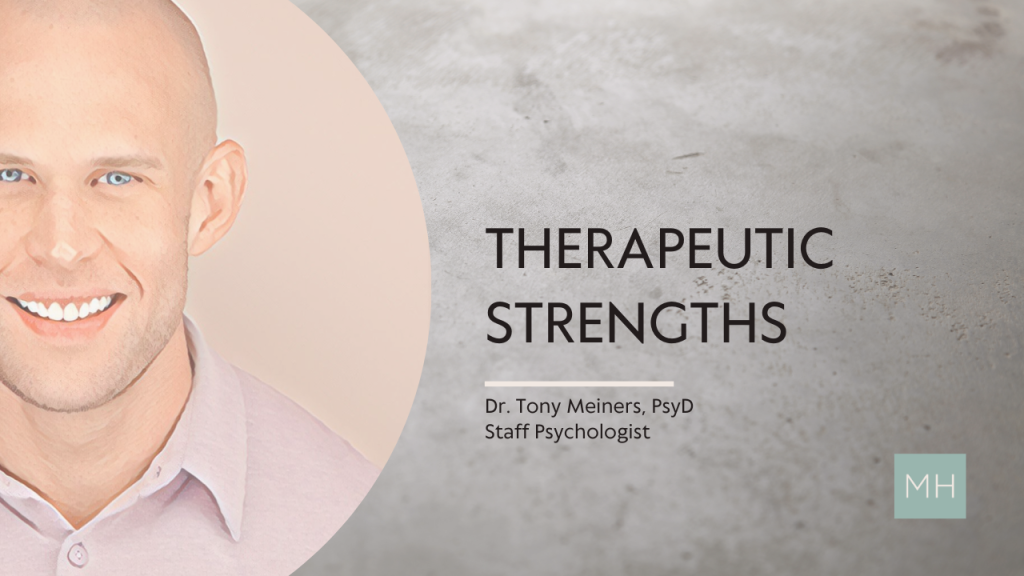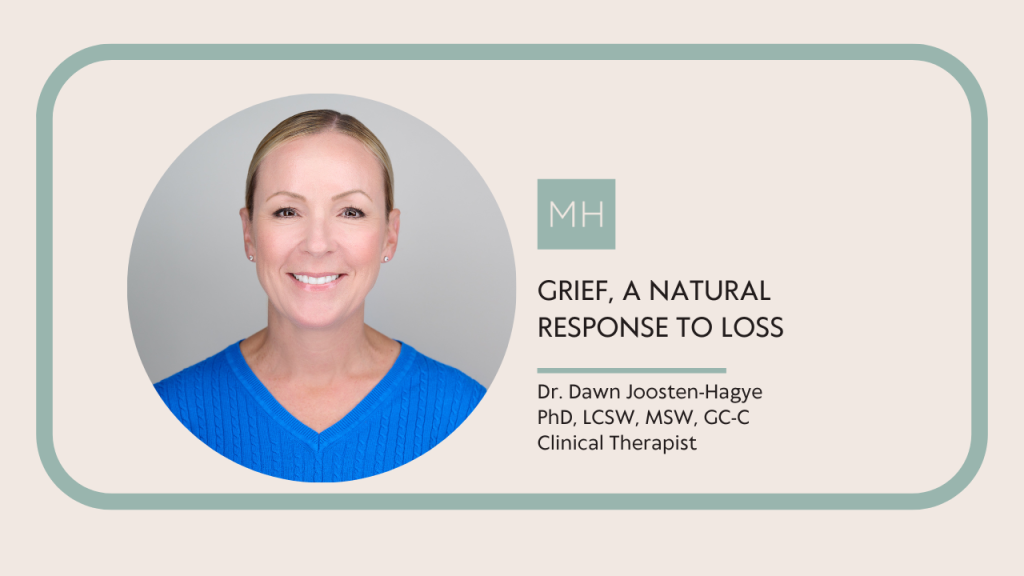Sadness is a normal emotion that everyone experiences at times. Depression represents something much more. In today’s day and age, the description of feeling “depressed” seems to be thrown around often. But what does it really mean? Depression is diagnosed when individuals experience extreme sadness or despair for at least two consecutive weeks. It interferes with daily functioning and has a significant impact on an individual’s daily life. Feelings of sadness, hopelessness, and lack of interest in activities that were once enjoyable are among the symptoms of clinically diagnosed depression. Physical symptoms of fatigue, changes in appetite and sleep patterns, and difficulty in concentrating may also be present. People with depression may also experience strong feelings of worthlessness, excessive guilt, and thoughts of death or suicide.
AN INTERNALIZING DISORDER
Of the mental health disorders, depression tends to manifest itself most as an internalizing disorder. Individuals tend to suffer from the negative cognitive triad in which individuals see negative views of the world, self, and future. Dr. Meiners, staff psychologist at The Mental Health Collective, stated:
“Individuals with depression most often struggle with making themselves the problem. ‘Why can’t I enjoy this anymore?’ ‘I am a bad person.’ ‘I don’t deserve anything good.’ Making oneself the problem tends to lead to increased feelings of despair and as if one can never escape the depression. A good first place to start is to separate yourself from the depression. Instead of saying, ‘I am depressed,’ try to say, ‘the depression is really strong.’ Externalization of depression can help one begin to develop aspects of their identity outside of their symptomatic expression. This makes it easier to engage in behavioral activation and other forms of talk therapy.”
TREATMENT FOR DEPRESSION
Depression is one of the most treatable mental disorders, and individuals who engage in treatment generally gain some relief from symptoms. It is important to first rule out any potential medical conditions prior to treatment, as many medical conditions (e.g., thyroid problems, vitamin deficiencies, tumors) can mimic the symptoms of depression. There are several common courses of action for individuals who struggle with diagnosed depression:
- Medication: Brain chemistry can play a role in an individual’s experience of depression and maybe a helpful factor in treating the mental disorder. The monoamine-deficiency theory posits that depression is a result of a depletion in the neurotransmitters serotonin, norepinephrine, or dopamine in the central nervous system. Serotonin is the most extensively studied neurotransmitter in depression. The most common medications prescribed for depression are SSRIs/SNRIs which operate by inhibiting the reuptake of serotonin and increasing serotonin activity in the brain.
- Talk Therapy: This can be used alone or in conjunction with medication to treat depression. Although there are many modalities of talk therapy, the most researched are cognitive-behavioral therapy (CBT), interpersonal therapy (IPT), and behavioral activation. In CBT, individuals work to identify and challenge negative thought patterns that contribute to depressed mood. In IPT, individuals work to improve relationships and communication skills in order to increase protective factors and quality of life. In behavioral activation, individuals use behaviors to activate pleasant emotions. In many studies, behavioral activation was just as effective as medication for severe depression.
- Lifestyle Changes: Individuals can engage in a number of things to reduce symptoms of depression. Regular exercise, sleep, and a healthy diet have been shown to significantly aid in the reduction of depressive symptoms. Other lifestyle changes, such as avoiding alcohol (which is a depressant) can improve overall mood. It can be helpful to take a look at lifestyle choices and activities in life that are leading to increased or decreased symptoms of depression. This aids an individual in identifying what aspects of their life they should increase and what areas they should decrease.
Depression is a real illness that can have significant impacts on an individual’s daily functioning and quality of life. It is different from general feelings of sadness in that it is pervasive, non-relenting, and interferes with daily functioning. With a proper diagnosis and treatment, individuals are able to overcome depression and return to their baseline functioning.
WRITTEN BY: DR. TONY MEINERS, PsyD
DO YOU HAVE A QUESTION?
Send our team a message or call 888.717.9355


